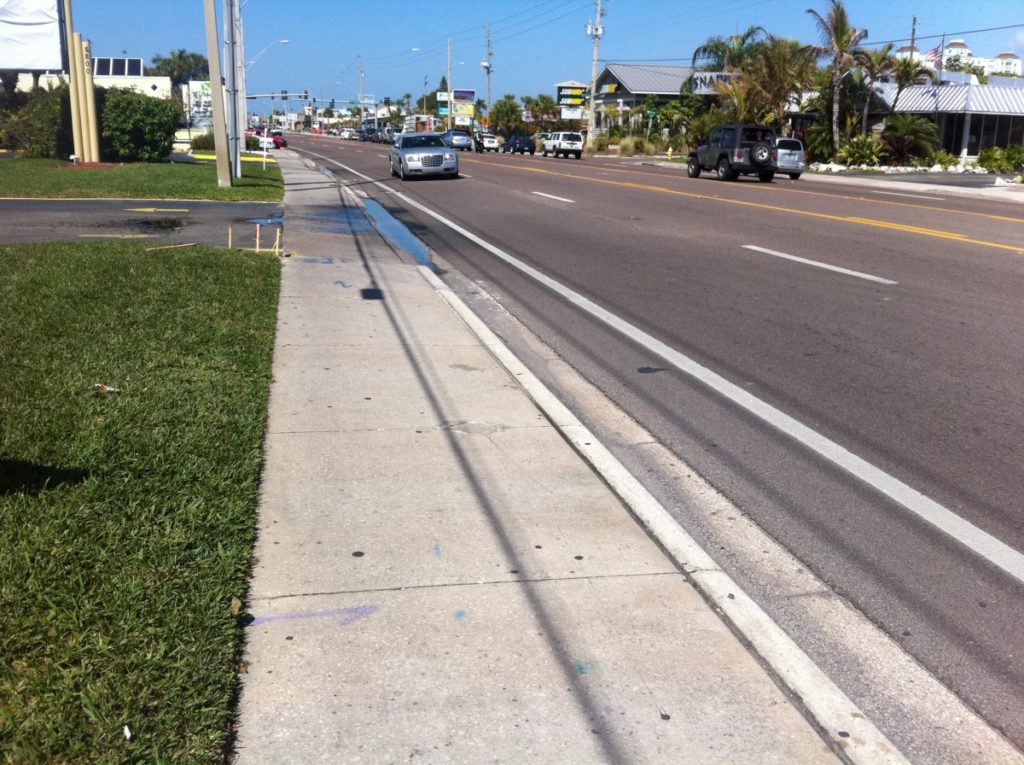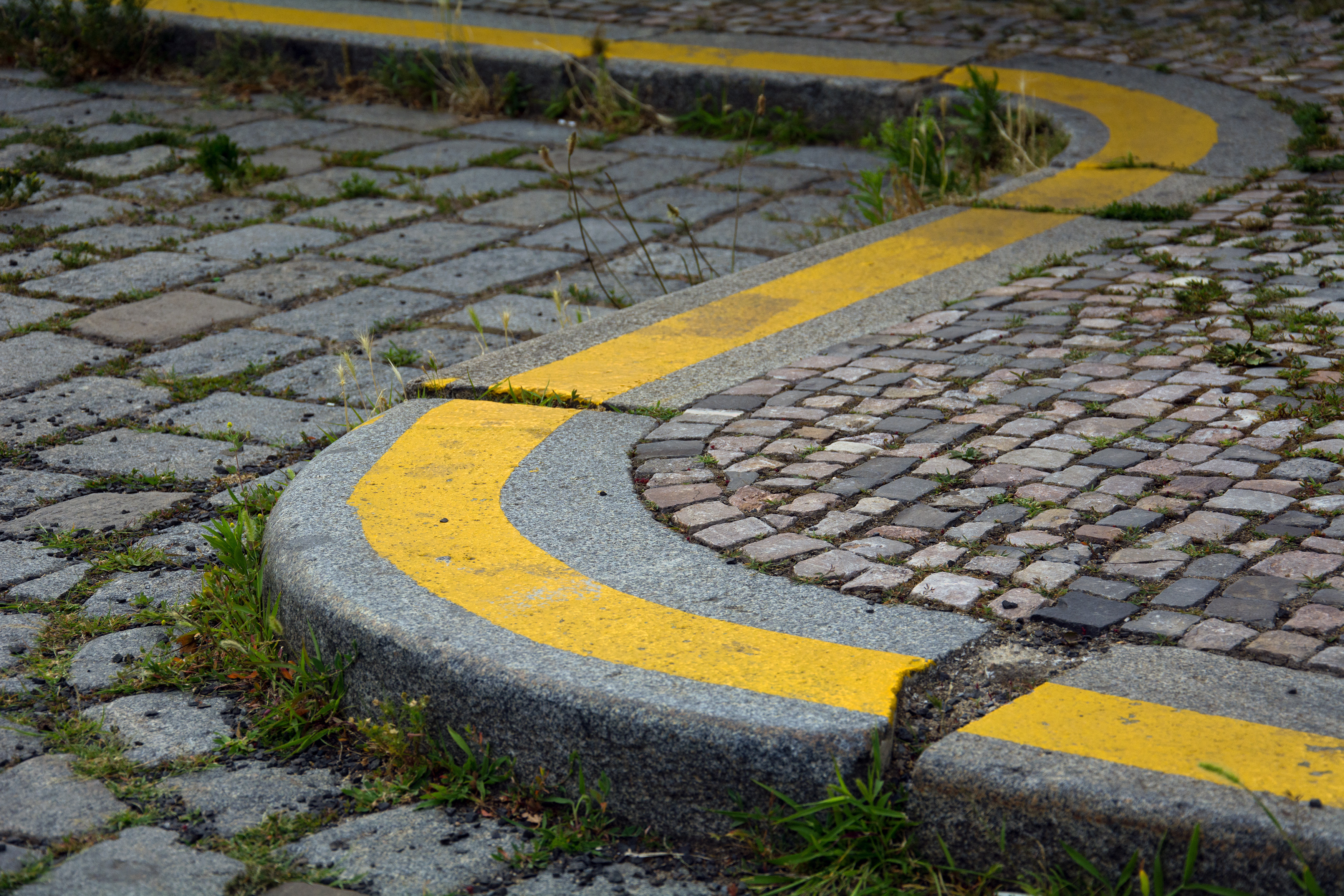In New Jersey, if a person is injured while walking on a sidewalk, will they have any recourse? The answer is it depends. New Jersey distinguishes between commercial and residential property owners to determine the liability to a person injured using their public sidewalks. A purely residential property owner owes no duty to maintain a sidewalk unless a repair is negligently made by the owner or the owner caused the defect in the sidewalk. For example, if a homeowner plants a tree near the sidewalk and the roots of the tree cause the sidewalk to rise up and become uneven and a person is injured after tripping on the uneven sidewalk – that scenario would be an example of a homeowner causing or contributing to the defect that caused the accident, sufficient to potentially create culpability of the homeowner. Debergeois v. Schneider, 254 N.J. Super. 694 (Law Div. 1991), aff’d, 260 N.J. Super. 518 (App. Div. 1992).
On the other hand, a commercial property owner has a duty to take reasonable care to prevent foreseeable harm and can be liable for a fall that occurs on its public sidewalk. The courts have consistently imposed this responsibility on adjoining commercial property owners.
If your injury from a defective sidewalk happened on one maintained by a municipality (city, county, or state) there are several factors that could prevent a successful recovery:
- Notice must be given to the municipality within 90 days of the accident of your intention to file a lawsuit. If notice is not timely given, your case against the municipality will be barred.
- Despite giving timely notice, a municipality can still escape liability if it falls under one of the immunities of the Tort Claims Act, N.J.S.A. 59:4-2(b). The public entity (Municipality, County, or State) may defend on the basis of lack of notice of the dangerous condition, that its action or inaction in failing to repair the sidewalk was not “palpably unreasonable,” plan and design immunity, the allocation of resources defense, or common law snow removal immunity.
These defenses remain available to a municipality, even if it is found to be responsible for maintaining its public sidewalk. These defenses/immunities need to be considered in evaluating the viability of a claim against a municipality that will ultimately be responsible for the injuries that resulted from the sidewalk fall.

Pennsylvania law for defective sidewalks is not so onerous. In general, under Pennsylvania law, both residential owners and business owners have a duty to maintain their sidewalk in a reasonably safe manner. Negligent conduct which leads to liability in a defective sidewalk case includes things like failing to conduct inspections or failing to correct a known problem in the sidewalk, such as a large gap between concrete blocks, missing concrete, etc.
However, as in New Jersey, injuries from a defective sidewalk owned by a municipality can be complex because of the immunities/defenses offered to municipalities by statute. It requires proving a higher level of negligence than a defective sidewalk case against a residential owner or commercial owner. This is due to the principle behind government immunity. Municipalities in Pennsylvania cannot be sued except in specific situations. The legislature crafted certain exceptions to this blanket immunity and in doing so, created a higher bar.
The Thistle Law Firm is experienced in handling defective sidewalk cases. If you believe that you were injured from a defective sidewalk, the attorneys at the Thistle Law Firm are here to take your call and answer your questions at 215-525-6824.

